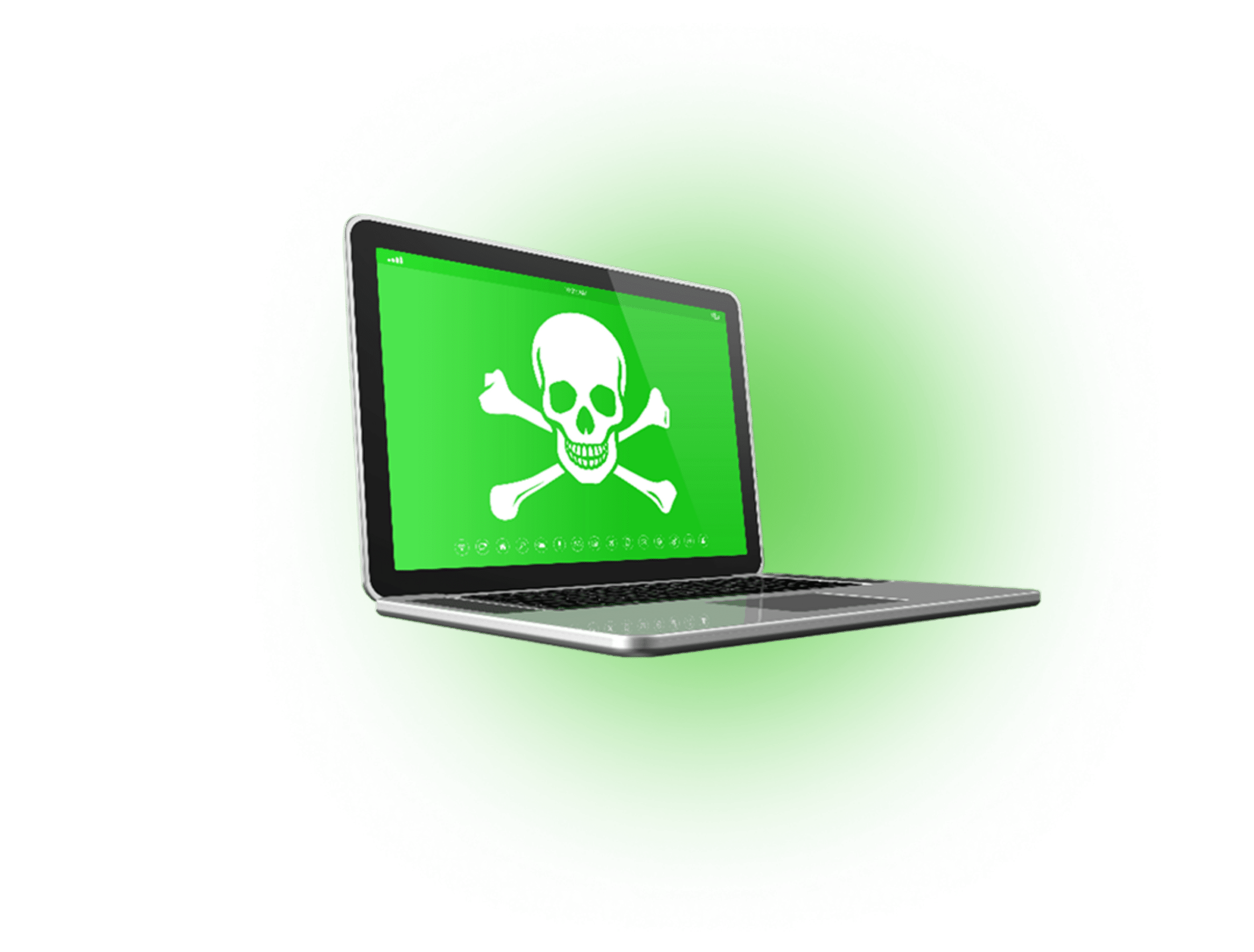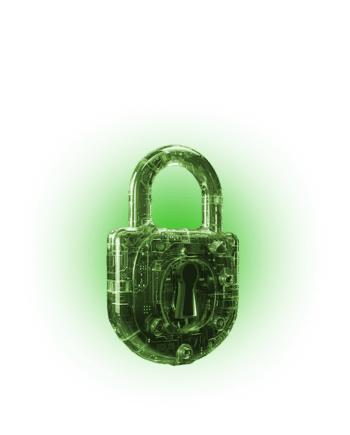Remove your info from dark web - Expert Help!
We've helped thousands to remove their info from dark web. Call us or request a call back for expert advice & service
Call Us: (317) 676-7767Talk To Cyber Security Experts

What to do if your info is on dark web
Discovering that your information is on the dark web can be distressing and potentially harmful. It's important to take immediate action to minimize the potential damage. Here are some steps you can take:
- Stay calm: It's natural to feel alarmed, but it's important to remain calm and composed to make informed decisions.
- Verify the information: Confirm whether your information is indeed on the dark web. This may involve using legitimate monitoring services or consulting with professionals who specialize in dark web monitoring.
- Change passwords: Start by changing the passwords for your online accounts, especially those associated with sensitive information like banking, email, and social media. Use strong, unique passwords for each account.
- Update security software: Ensure that your computer and other devices have up-to-date antivirus and anti-malware software installed. Regularly scan your devices for any malicious software or files.
- Report the incident: Contact cyber security experts and report the incident. Provide them with any evidence or information you have, including details about where you discovered your information on the dark web.
We can help you to remove:

Your SSN number

Your Email


Your Phone Number

Any Personal Info
FAQ: How to remove your info from dark web
How to remove your information from the dark web?
Removing information from the dark web can be challenging because of its decentralized and anonymous nature. However, there are a few steps you can take to mitigate the risk and minimize exposure:
Identify the compromised information: Determine what specific data or personal information is at risk. This could include passwords, social security numbers, credit card details, or any other sensitive information.
Change passwords: If your accounts on legitimate websites have been compromised, change the passwords immediately. Use strong and unique passwords for each account. Consider using a password manager to generate and store complex passwords securely.
Enable two-factor authentication (2FA): Implement 2FA on all your online accounts that support it. This adds an extra layer of security by requiring a secondary verification method, such as a temporary code sent to your phone, in addition to your password.
Monitor your accounts: Regularly monitor your financial accounts, credit reports, and any online platforms where your personal information may have been compromised. Report any suspicious activity immediately.
Contact authorities: If you suspect that your personal information is being actively exploited for illegal activities, contact your local law enforcement agency and provide them with all relevant details.
Notify relevant organizations: If your personal information, such as social security number or credit card details, has been exposed, inform the respective organizations such as your bank, credit card companies, and credit reporting agencies. They can assist in monitoring your accounts and taking necessary measures.
Seek professional assistance: In some cases, you may need to consult with a professional cybersecurity firm or an identity theft protection service to help you navigate the dark web and mitigate the risks. They can provide guidance and advice tailored to your specific situation.
Remember that removing information entirely from the dark web may not always be possible, as it is difficult to control the dissemination of data once it is compromised. Taking proactive measures to protect your online presence and monitoring for any signs of misuse are key to mitigating the impact of a data breach.
Can you remove your information from the dark web?
if you’re concerned about your own personal information being on the dark web, it’s important to understand that removing information from the dark web can be extremely difficult. The dark web operates outside of conventional search engines and is designed to be anonymous and decentralized, making it challenging to control or remove data once it’s there.
Here are a few steps you can take to mitigate the risk:
- Monitor your personal information: Regularly check your credit reports, financial accounts, and online platforms for any signs of unauthorized activity. If you notice any suspicious activity, report it to the appropriate authorities and take necessary actions to secure your accounts.
- Strengthen your online security: Use strong and unique passwords for all your online accounts. Enable two-factor authentication whenever possible. Regularly update your software and use reputable antivirus and anti-malware programs to protect against potential threats.
- Be cautious with your personal information: Avoid sharing sensitive information online unless it’s necessary. Be wary of phishing attempts and scams that may try to trick you into revealing personal details.
- Consider professional assistance: If you suspect that your personal information is being actively exploited on the dark web, consider reaching out to cybersecurity professionals or identity theft protection services. They may be able to guide you on specific steps to take based on your situation.
It’s important to note that prevention and proactive protection are key. Once information is on the dark web, it becomes challenging to remove completely. Focus on safeguarding your personal information and regularly monitoring for any signs of compromise to minimize the potential impact.
How to remove your phone number from the dark web?
Removing your phone number from the dark web can be challenging since the dark web is a decentralized and anonymous network. However, here are some steps you can take to mitigate the risk and minimize exposure:
- Confirm the exposure: Verify if your phone number is indeed on the dark web by using reputable websites or services that monitor data breaches. These platforms can provide insights into whether your phone number has been compromised.
- Change your number: If you discover that your phone number has been exposed, consider changing your phone number. Contact your mobile service provider and explain the situation. They can guide you through the process of obtaining a new number while transferring your existing services and contacts.
- Update accounts and services: Once you have a new phone number, update your phone number on all your online accounts and services, such as social media, email, banking, and any other platforms where your phone number is associated.
- Be cautious with sharing your new number: Moving forward, be selective about sharing your new phone number. Only provide it to trusted individuals and organizations, and avoid displaying it publicly online.
- Enable additional security measures: Implement two-factor authentication (2FA) on your online accounts, whenever possible. This adds an extra layer of security by requiring a secondary verification method, such as a temporary code sent to your phone, in addition to your password.
- Monitor for suspicious activity: Regularly monitor your financial accounts and be vigilant for any signs of unauthorized activity. Report any suspicious activity to your bank or relevant authorities promptly.
- Seek professional assistance: If you believe your phone number is being actively exploited on the dark web, consider reaching out to cybersecurity professionals or identity theft protection services. They can provide guidance and support tailored to your specific situation.
Remember that removing information entirely from the dark web is challenging, and prevention is crucial. Focus on securing your personal information, regularly monitor for any signs of compromise, and take proactive steps to protect yourself against potential risks.
How to remove SSN from dark web?
Removing your Social Security Number (SSN) from the dark web is a complex task since the dark web is designed to be anonymous and difficult to regulate. However, here are some steps you can take to mitigate the risk and minimize exposure:
- Monitor your credit reports: Regularly monitor your credit reports from major credit bureaus (Equifax, Experian, and TransUnion). Look for any suspicious activities or accounts that you did not authorize. If you notice any unauthorized activities, report them immediately.
- Freeze your credit: Consider placing a credit freeze or fraud alert on your credit files. This restricts access to your credit information, making it more challenging for identity thieves to open new accounts using your SSN.
- Report identity theft: If you suspect that your SSN has been compromised, report the identity theft to the Federal Trade Commission (FTC) at IdentityTheft.gov. Follow their guidance on steps to take to protect yourself and mitigate the damage.
- Contact the Social Security Administration (SSA): Inform the SSA about the potential compromise of your SSN. They can provide guidance and monitor your Social Security records for any fraudulent activity.
- File a police report: Contact your local law enforcement agency and file a police report documenting the identity theft. This can serve as evidence and assist in resolving any related issues.
- Seek professional assistance: Consider reaching out to professional cybersecurity firms or identity theft protection services. They may be able to provide further guidance and support in dealing with SSN exposure on the dark web.
- Be cautious with personal information: Going forward, be cautious with sharing your SSN or other sensitive information. Only provide it when absolutely necessary, and ensure you are dealing with reputable organizations that have secure systems in place to protect your data.
It’s important to note that removing information entirely from the dark web can be challenging. Taking proactive measures to protect your identity and monitoring for any signs of misuse are crucial in minimizing the impact of SSN exposure.
How to remove email address from dark web?
Removing your email address from the dark web is challenging since the dark web is designed to be anonymous and difficult to regulate. However, you can take the following steps to mitigate the risk and minimize exposure:
- Verify exposure: Use reputable websites or services that monitor data breaches to check if your email address has been compromised. These platforms can provide insights into whether your email address is on the dark web.
- Change your email password: If you suspect that your email account has been compromised, change your password immediately. Use a strong and unique password that includes a combination of letters, numbers, and special characters. Consider using a password manager to generate and securely store complex passwords.
- Enable two-factor authentication (2FA): Implement 2FA on your email account. This adds an extra layer of security by requiring a secondary verification method, such as a temporary code sent to your phone, in addition to your password.
- Monitor for suspicious activity: Regularly monitor your email account for any signs of unauthorized activity. Check for unusual emails, changes to account settings, or emails indicating that your account has been accessed from unfamiliar locations. Report any suspicious activity to your email service provider.
- Be cautious with your email address: Be mindful of where you share your email address online. Avoid displaying it publicly on websites or forums where it can be harvested by spammers or malicious actors. Consider creating separate email addresses for different purposes to compartmentalize your online presence.
- Report to your email service provider: If you believe your email address is compromised or exposed on the dark web, report the situation to your email service provider. They may have additional measures in place to safeguard your account or provide guidance on steps to take.
- Stay vigilant: Regularly update your email software and use reputable antivirus and anti-malware programs to protect against potential threats. Be cautious of phishing attempts and avoid clicking on suspicious links or downloading attachments from unknown sources.
While removing your email address entirely from the dark web may not always be possible, taking proactive steps to protect your account and staying vigilant can help minimize the risks associated with exposure.
We Investigate Cyber Blackmail Situations With High Degree Of Success. Contact For Help
Get Help NowWE KNOW HOW TO STOP A BLACKMAILER
If you're looking what to do if someone is blackmailing you online - we are here to help you to handle this situation


